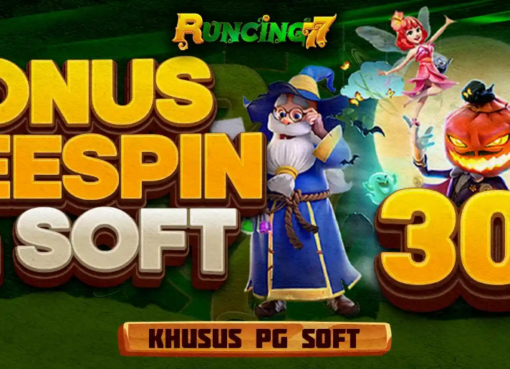Games have long been a popular form of entertainment, but they also have a profound impact on our cognitive abilities, particularly critical thinking skills. Critical thinking is the ability to analyze information, evaluate evidence, and make informed decisions. Games can influence critical thinking skills in a variety of ways, from simple puzzles to complex strategy games. In this article, we will explore the ways in which games can shape critical thinking skills and why they are an essential part of cognitive development.
Problem-Solving and Decision-Making
Games often present players with problems to solve or decisions to make, which requires critical thinking skills. Players must analyze the situation, evaluate the options, and choose the best course of action. This process helps to develop problem-solving and decision-making skills, which are essential in real-life situations. Games like chess, Sudoku, and puzzle games are excellent examples of how games can improve problem-solving and decision-making skills.
Analytical Thinking
Games can also improve analytical thinking skills by requiring players to break down complex information into smaller, manageable parts. Players must analyze data, identify patterns, and make connections between seemingly unrelated pieces of information. This process helps to develop analytical thinking skills, which are essential in a wide range of fields, from science and engineering to finance and economics. Games like strategy 슬롯사이트 games, simulation games, and detective games are excellent examples of how games can improve analytical thinking skills.
Evaluating Evidence and Making Informed Decisions
Games can also teach players how to evaluate evidence and make informed decisions. Players must consider multiple sources of information, evaluate the credibility of each source, and make a decision based on the evidence. This process helps to develop critical thinking skills, which are essential in a wide range of fields, from law and medicine to business and politics. Games like debate games, negotiation games, and role-playing games are excellent examples of how games can improve critical thinking skills.
Adapting to New Information and Situations
Games can also teach players how to adapt to new information and situations. Players must be able to adjust their strategy or approach as new information becomes available or as the situation changes. This process helps to develop flexibility and adaptability, which are essential in a rapidly changing world. Games like strategy games, simulation games, and role-playing games are excellent examples of how games can improve adaptability and flexibility.
The Benefits of Games in Developing Critical Thinking Skills
The benefits of games in developing critical thinking skills are numerous. Games can improve problem-solving and decision-making skills, analytical thinking skills, and critical thinking skills. They can also teach players how to evaluate evidence, make informed decisions, and adapt to new information and situations. By incorporating games into educational and training programs, educators and trainers can help develop critical thinking skills in a fun and engaging way.
Real-World Applications of Critical Thinking Skills
Critical thinking skills are essential in a wide range of fields, from science and engineering to finance and economics. They are also essential in everyday life, from making informed decisions about healthcare and finance to evaluating evidence and making informed decisions about social and political issues. By developing critical thinking skills through games, players can improve their ability to analyze information, evaluate evidence, and make informed decisions in a wide range of contexts.
Conclusion
In conclusion, games have a profound impact on critical thinking skills. They can improve problem-solving and decision-making skills, analytical thinking skills, and critical thinking skills. They can also teach players how to evaluate evidence, make informed decisions, and adapt to new information and situations. By incorporating games into educational and training programs, educators and trainers can help develop critical thinking skills in a fun and engaging way. As the world becomes increasingly complex and interconnected, critical thinking skills are more essential than ever, and games can play a vital role in developing these skills.


